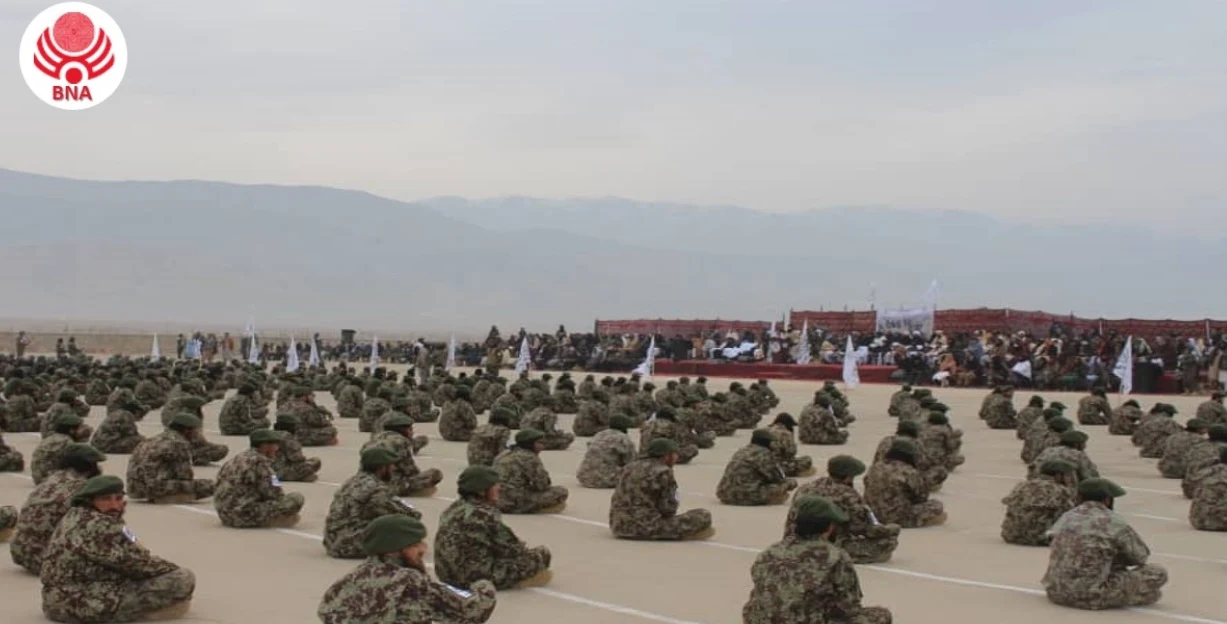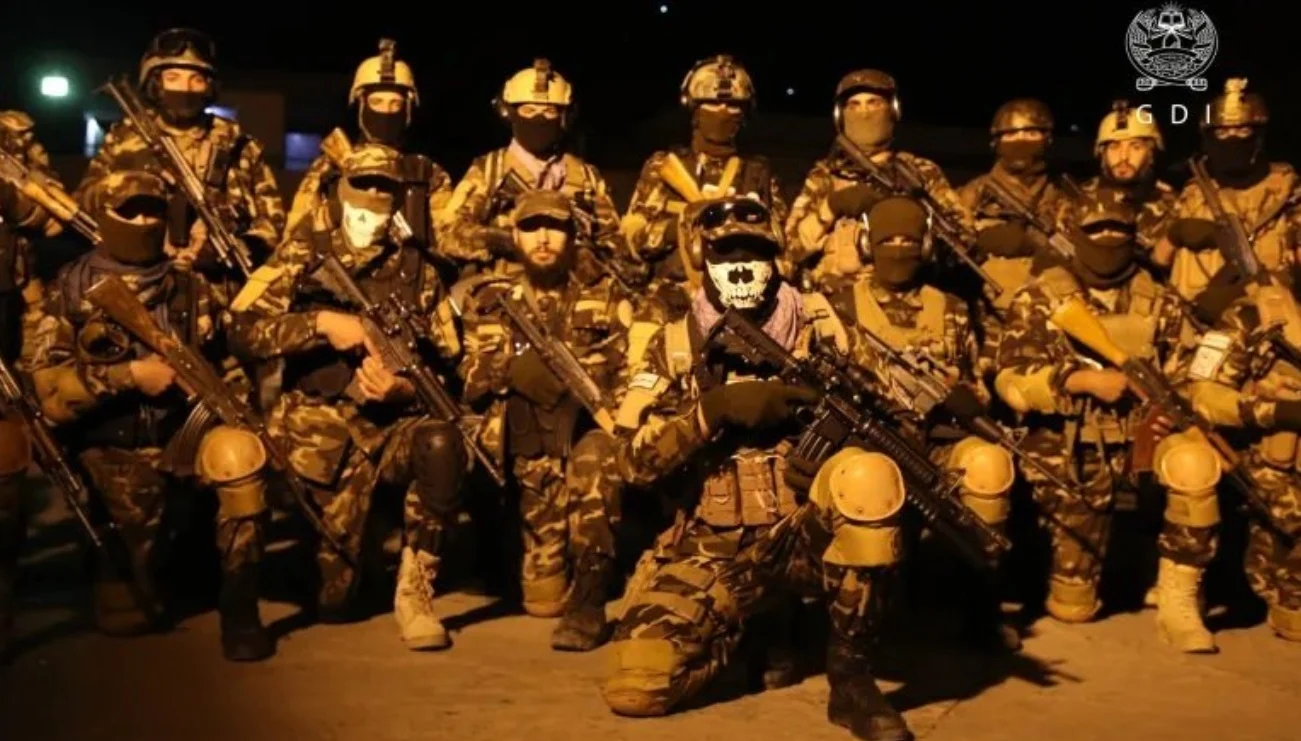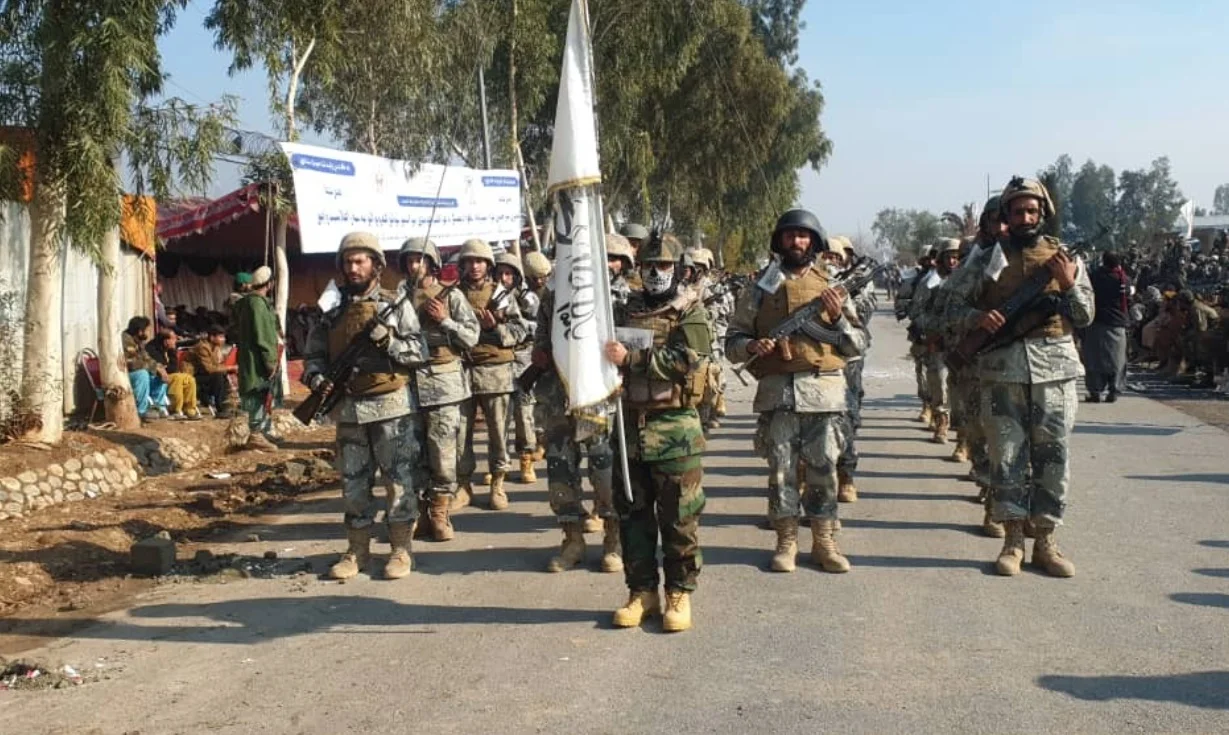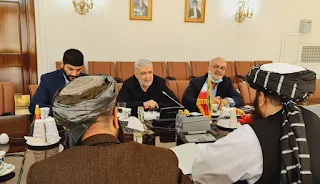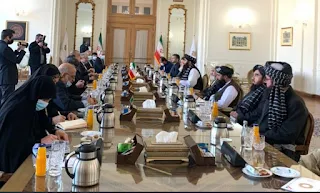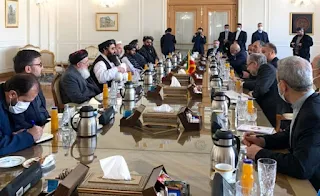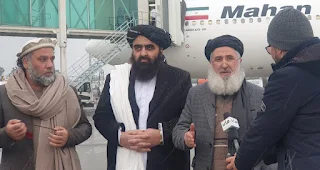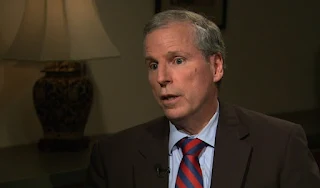
Federal Supreme Court of Iraq Ruling: Oil and Gas Law is unconstitutional
On Tuesday, the Federal Supreme Court of Iraq issued several rulings regarding the export of oil in the Kurdistan region of Iraq outside the approval of the federal government.
The court decided the following:
Ruling that the Oil and Gas Law is unconstitutional and repealed it for violating the provisions of the constitutional articles.
- Obligating the region to hand over oil to the federal government, specifically the Ministry of Oil.
The plaintiff has the right to pursue the nullity of the oil contracts that the regional government concluded with foreign parties regarding oil.
- Obligating the two parties to review all contracts concluded for auditing to ensure the region’s share of the budget.
Charge the defendant with fees and expenses.
The decision was passed by a majority, with only two members dissenting.
It is noteworthy that the Federal Court held, earlier Tuesday, the hearing of the case (59 federal) regarding the export of oil in the Kurdistan region of Iraq outside the approval of the federal government.







